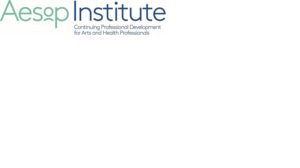The College has developed a reputation for proactive, innovative and responsive development of programmes of education to meet the requirements of the current and future health and social care workforce, from Foundation Degree to Masters level. This has been recognised and endorsed by the Executive of Health Education England who see the University of Derby as a ‘go to’ institution to develop and operationalise new ideas and ways of working, and support the University with new projects and commissions. We are the only HEI represented on the national NHS Constitution Delivery Group.
The College continues to have a strong regional focus and impact in terms of ensuring local people are educated for local employment. The College is committed to ensuring that the health and social care student body reflects the demographics of those they care for, and are proud to have grown student numbers and maintained diversity in terms of age, socio-economic status and race despite the removal of bursaries. Regional health and care providers consider the College as integral to their future workforce planning.
In terms of research, the Health and Social Care research centre, part funded by NHS England and regional Clinical Commissioning Groups, is developing a reputation for delivering applied research that is making a regional difference. They are building reputation in order to bid for larger, nationally focussed projects going forward. The centre includes internationally renowned research in Compassion and Mindfulness, led by Professor Paul Gilbert, and in Arts and Health led by Professor Susan Hogan.
The College is pursuing opportunities with the Defence and National Rehabilitation Centre in readiness for the move to Loughborough, particularly in the areas of health technologies, arts in health, and workforce development.
Arts & Health Centre of Excellence
The arts and health centre of excellence was founded in 2018 to celebrate our achievements in offering the most extensive range of arts and health training in the UK and our commitment to producing world-class research and publications in the area of the arts and health. The centre houses our research clusters Arts & Health: Creative Ageing and the Arts and Health. The centre offers opportunities for PhD study and post-doctoral internships.
Therapeutic Arts subject area
The Therapeutic Arts subject area at the University of Derby has been in existence since 1993. It offers both undergraduate and postgraduate programmes that focus upon the use of the arts within health and social care, education and a range of other settings. Our undergraduate courses prepare students to work in ways that facilitate creativity, wellbeing, communication skills and problem solving. Many students go on to work within an educational, arts in health or community arts setting. Our postgraduate courses are professionally accredited courses that entitle students to register with the appropriate regulatory authorities, and these courses are primarily aligned to the principles and practices of arts psychotherapy.
The undergraduate Creative Expressive Therapies programme is the only course of its kind in the UK to offer four distinct pathways in art, dance, drama and music. It gives students the chance to develop their skills and express themselves in the art form of their choice through specialist studio sessions, performances and exhibition work. At the same time, students learn about the huge potential of the arts to promote physical and emotional wellbeing. We explore how creativity can be applied therapeutically in community, voluntary, health, education and corporate settings. We also look at different therapeutic principles and the meanings of health and illness in the context of historical and cultural values.
Our post-graduate courses include: Art Therapy; Dramatherapy; Dance and Movement Psychotherapy and Music Therapy. We are one of the few universities within the UK to offer all four of these programmes. As such we are able to offer students a unique inter-disciplinary perspective on the use of the arts within psychotherapy.
Academics within the Therapeutic Arts subject area have a wide range of clinical expertise. Domestic violence and abuse; gender and women’s issues; creative ageing; art therapy theory, DMT with those with progressive neurological illness; eating disorders; body image; the arts as public health and the history and development of the arts therapies are among staff research interests. Work in progress includes development work towards a grants looking at the transition to motherhood and the role of the arts and impacts upon infant development (building upon The Birth Project). Formal clusters include RAW (Research in Arts and Wellbeing) and Creative Ageing.
Centre for Excellence in Compassion, Mental Health & Wellbeing
The Compassionate Mind Foundation was founded by Professor Paul Gilbert and the foundation is working with the College of Health & Social Care and CLANS on its research projects. Since it was established in 2006, the Compassionate Mind Foundation has supported global academic research and hosted the Annual Global Conference on Compassion, bringing together leaders in the field. The CMF community has also worked to develop, practice and promote Compassion Focused Therapy (CFT), now used by thousands of clinicians around the world.
Research into the beneficial effect of developing compassion has advance enormously in the last ten years, with the development of inner compassion being an important therapeutic focus and goal. Compassion Focused Therapy (CFT) is a process of developing compassion for the self and others to increase well-being and aid recovery and varies from other forms of Cognitive Behaviour Therapy.
Over the years, Professor Gilbert has developed many self-report scales that are now being used internationally, publishing in a number of areas of mental health difficulties particularly depression, shame and guilt and self-criticism and in recent years, he has been exploring the psychology and neurophysiology of compassion.
We have a large number of projects that we are developing including compassion interventions in schools for people with bipolar disorder, for individuals with narcissistic personality, and for forensic youth. Ours schools project won a grant for over £100,000. We are continuing to develop a range of measures including fear of compassion, the fear of mindfulness, the distinctions between kindness and compassion.
Impact
Professor Paul Gilbert is an internationally recognised researcher, speaker and trainer and received an OBE for his contribution to improving mental health in the 2011 New Years honours list. This work has influenced many international research groups in the areas of shame, evolutionary psychology, self-criticism and shame. Gilbert has received over 25,000 citations on Google Scholar and has over 300 publications including journal papers, book chapters and books. The Compassionate Mind Foundation promotes wellbeing by facilitating the scientific understanding and application of compassion and is now an international recognised charity with people around the world attending our training and conferences, working collaboratively on research. We also have affiliated organisations around the world in America, Italy, Australia, Sweden, Denmark, France….
Professor Susan Hogan recently gave evidence at the all-party parliamentary group enquiry on arts and health and wellbeing and her monograph Healing Arts is widely regarded as world class. Her books are used internationally in the training of arts and health practitioners, as are books and articles by several staff in the therapeutic arts area. The European Consortium of Art Therapy Educators recently invited her to edit a book for their kite marked series on international research in the arts and health and gender issues. Her current research council funded research (AHRC) has been disseminated internationally and she is listed keynote speaker for the next International Health Humanities Conference.
Dr Paula Holt
PVC Dean, College of Health & Social Care
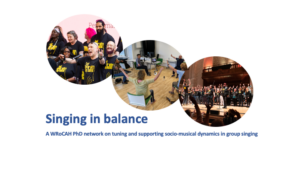


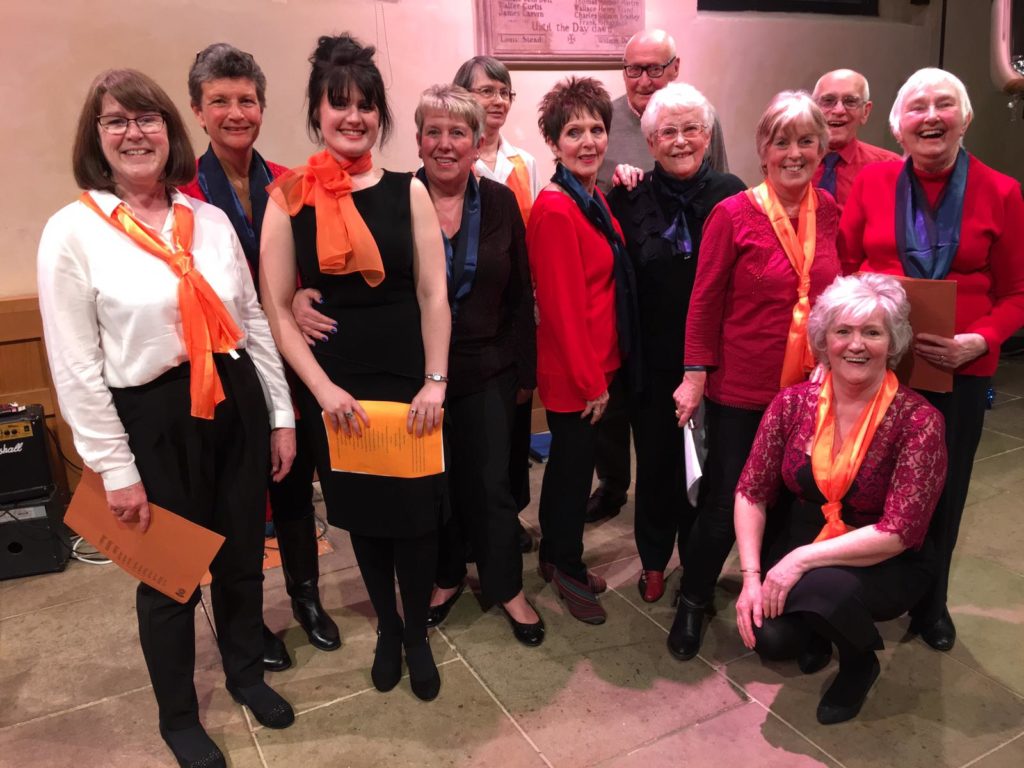
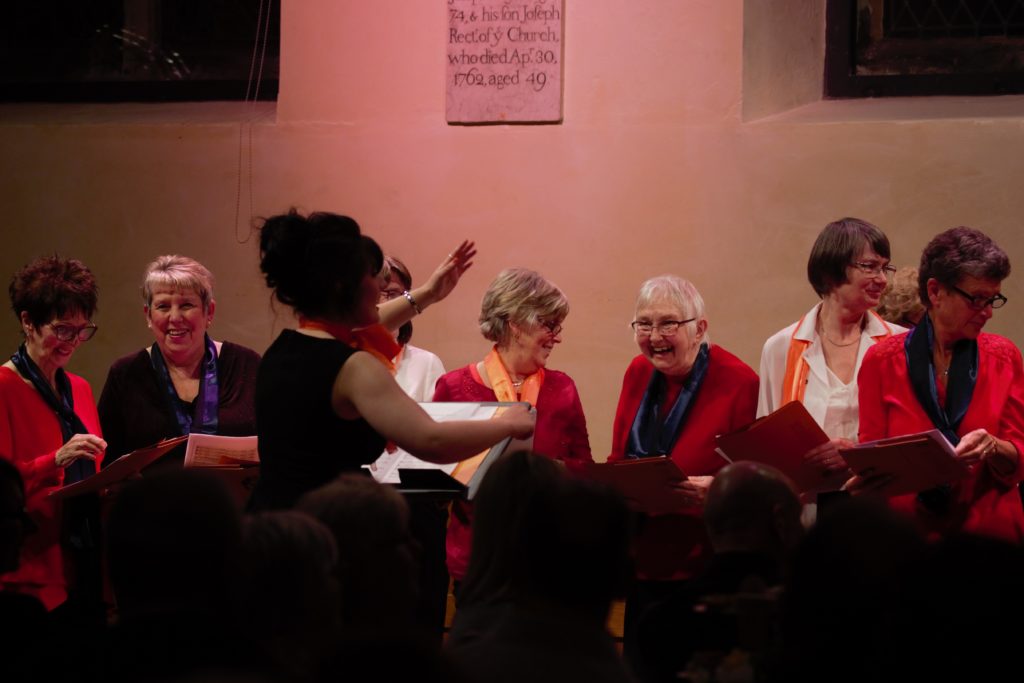
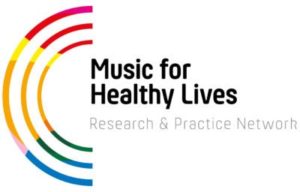 Evaluating the Impact of Music
Evaluating the Impact of Music